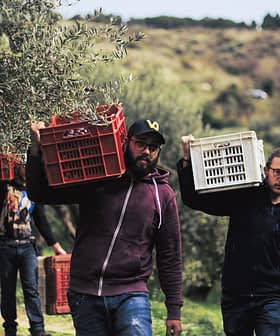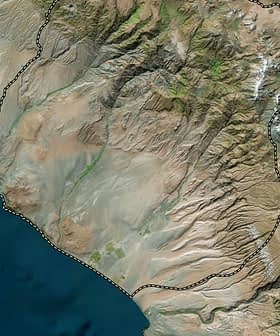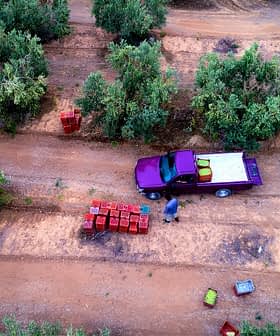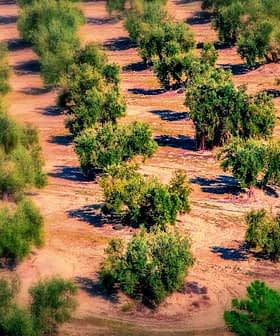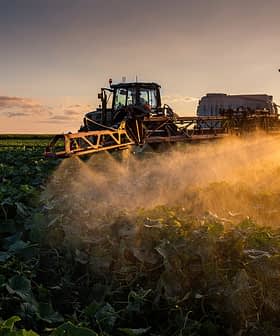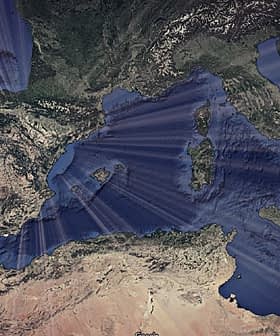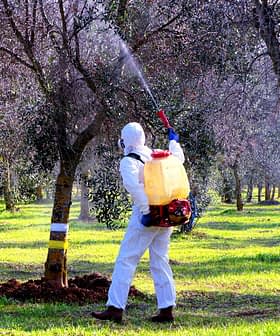Use of Dimethoate to be Banned in EU
The European Commission has decided to stop the use of dimethoate as an insecticide, primarily targeting the olive fruit fly in conventional agriculture, due to potential health risks associated with exposure to residues of the substance and its metabolite omethoate. Member States have been instructed to limit any extension granted for products containing dimethoate on olive trees and other crops, with the ban set to take full effect by July 17, 2020, except for products used on cherries, which will have until October 17 to comply. France had already banned dimethoate, causing concerns among farmers about potential price increases, while experts believe that the ban and the adoption of alternative strategies will have positive impacts on the environment, worker safety, and the quality of olive oil.
The European Commission has adopted a measure laying down the non-renewal of approval of the active substance dimethoate, used as an insecticide mainly against the olive fruit fly in conventional farming.
The Commission Implementing Regulation 2019/1090 of June 26, 2019, is based on the conclusions of the European Food Safety Authority, according to whom it is not possible to exclude risk stemming from “exposure to residues of dimethoate, for which the genotoxic potential could not be excluded, and its main metabolite omethoate which was concluded to be an in vivo mutagenic agent.”
According to the Regulation, any extension period granted by Member States for products used on olive trees and other crops shall be as short as possible and expire by July 17, 2020 (with the exception of products used on cherries, for which the grace period shall end next October 17.)
France had already banned this insecticide, causing concerns among farmers due to fears of price increases. On the other hand, experts believe that the dimethoate ban and the use of alternative strategies will benefit the environment, the safety of workers, and the quality of olive oil.


